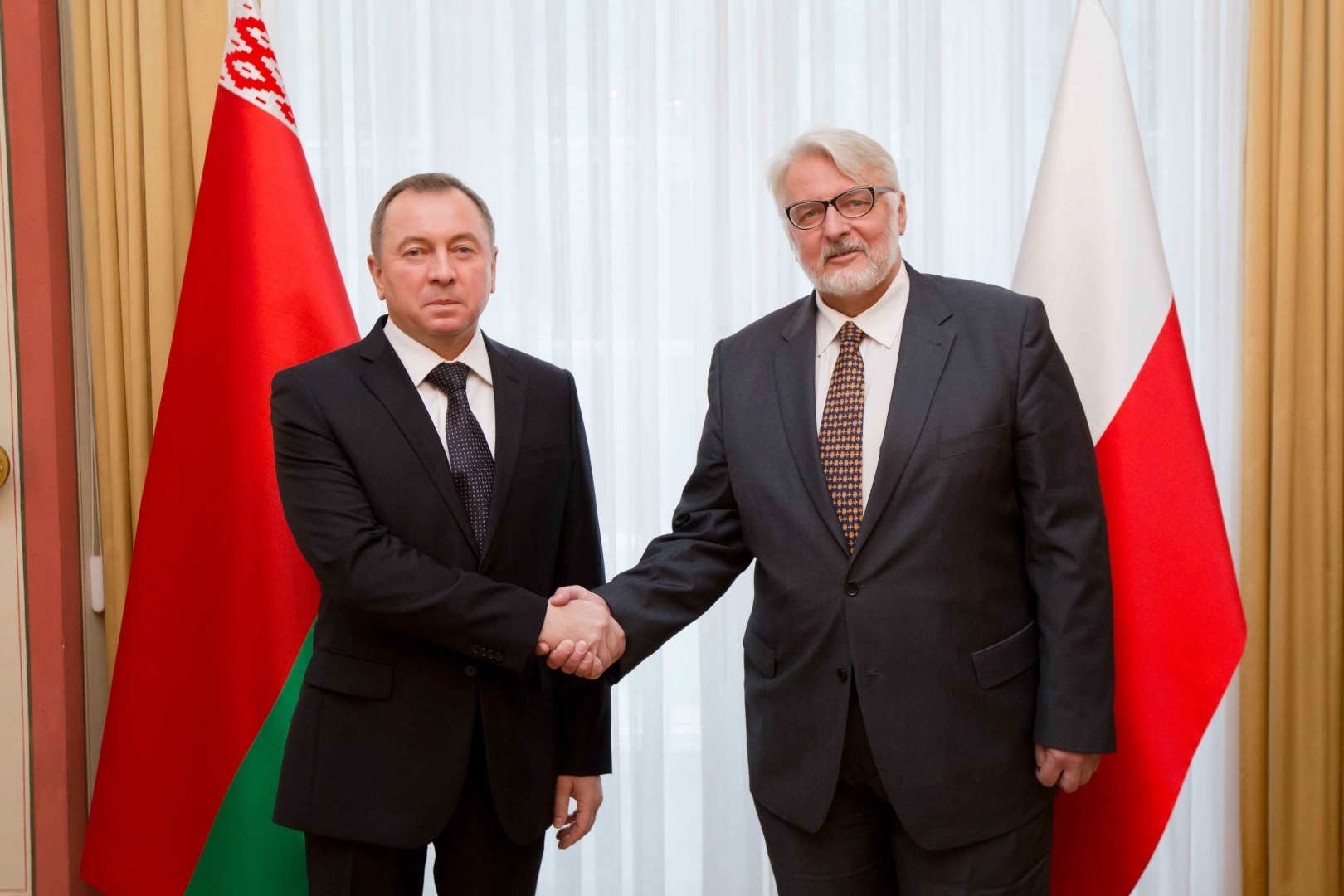Foreign and security policy: Wearing several hats
 The situation has not changed
The situation has not changed

Throughout the year, relations between Minsk and the Kremlin were tense over energy supplies with periodic exacerbations, albeit without information wars typical for the Belarusian-Russian relations. In H2 2016, Moscow reduced the supply of oil to the Belarusian refineries in retaliation for incomplete payment for gas supplies by Belarus. For the first time, Russia linked oil and gas supplies. The Kremlin ignored all Minsk’s attempts to reach an agreement about resuming the oil supply and reducing the gas price, albeit repeated assurances of the prompt dispute resolution.
The lingering dispute between Minsk and Moscow over oil and gas supplies has put an end to the previous model of the Russo-Belarusian relations.
Throughout the year, the Kremlin remained deaf to the economic, legal, ideological and brotherly appeals by Minsk and did not lower the price of gas; moreover, it reduced the oil supply in H2 2016.
In 2016, Minsk made efforts to create a positive image of the Belarusian NPP construction for the international community and attempted to neutralise criticism from Vilnius by engaging in a dialogue with the Lithuanian authorities. Inside the country, the authorities managed to reverse the people’s attitude towards the nuclear energy, which, however, was undermined by an attempt to becloud an incident at the construction site. Incidents at the NPP construction site mobilised Belarusian society to put pressure on the government to enforce safety rules, but not to abandon the project.
In 2016, Belarus’ relations with Ukraine somewhat cooled. Kyiv was displeased with Minsk’s stance (pro-Kremlin) on some sensitive issues for Ukraine. The lack of political trust between the two states affected their cooperation in the security field. Ukraine failed to transfer some important technologies to Belarus.
Appealing to geopolitical arguments, Minsk managed to prompt Poland to pragmatic cooperation,
relaxed pressure on representatives of the Polish minority organisations and promised to facilitate the access of Polish business (including products from the sanctions list) to the Eurasian market. Many representatives of the Belarusian civil society regard this as the main reason why the Polish authorities reduced support for the Belarusian independent media.
After a long break (since November 2014) and after Western capitals lifted sanctions against the Belarusian authorities, the latter resumed executions. Meanwhile, the Belarusian authorities demonstrated readiness to engage in a dialogue on the abolition or a moratorium on the death penalty with the European institutions, albeit, apparently, without the intent to change the practice. Simultaneously, Minsk attempted to put human rights issues at the bottom of the Belarusian-European agenda by prioritising regional security and geopolitical confrontation issues.
Minsk aimed to improve communication with the White House and right the ship of Belarusian-US relations with full diplomatic missions in both capitals. Simultaneously, Belarus sought to maintain a visible distance from the Kremlin’s military preparations in a confrontation with NATO, while retaining close defence cooperation with Russia within the Union State. This precluded any positive achievements in Belarus’ relations with the US and NATO.
Washington continued monitoring the situation in Belarus and the United States’ stand on the Belarusian authorities remained tough.
Meanwhile, the role of China as Belarus’ military and political partner, increased. China is becoming a source of technology and finance in implementing programmes having strategic importance for national security.
Subscribe to our newsletter




Situation in Belarus
Constitutional referendum: main consequences


 Video
Video
How to count the political prisoners: are the new criteria needed?


 Video
Video
Paternalism In Decline, Belarusian Euroscepticism, And The Influence Of Russia


 Video
Video











